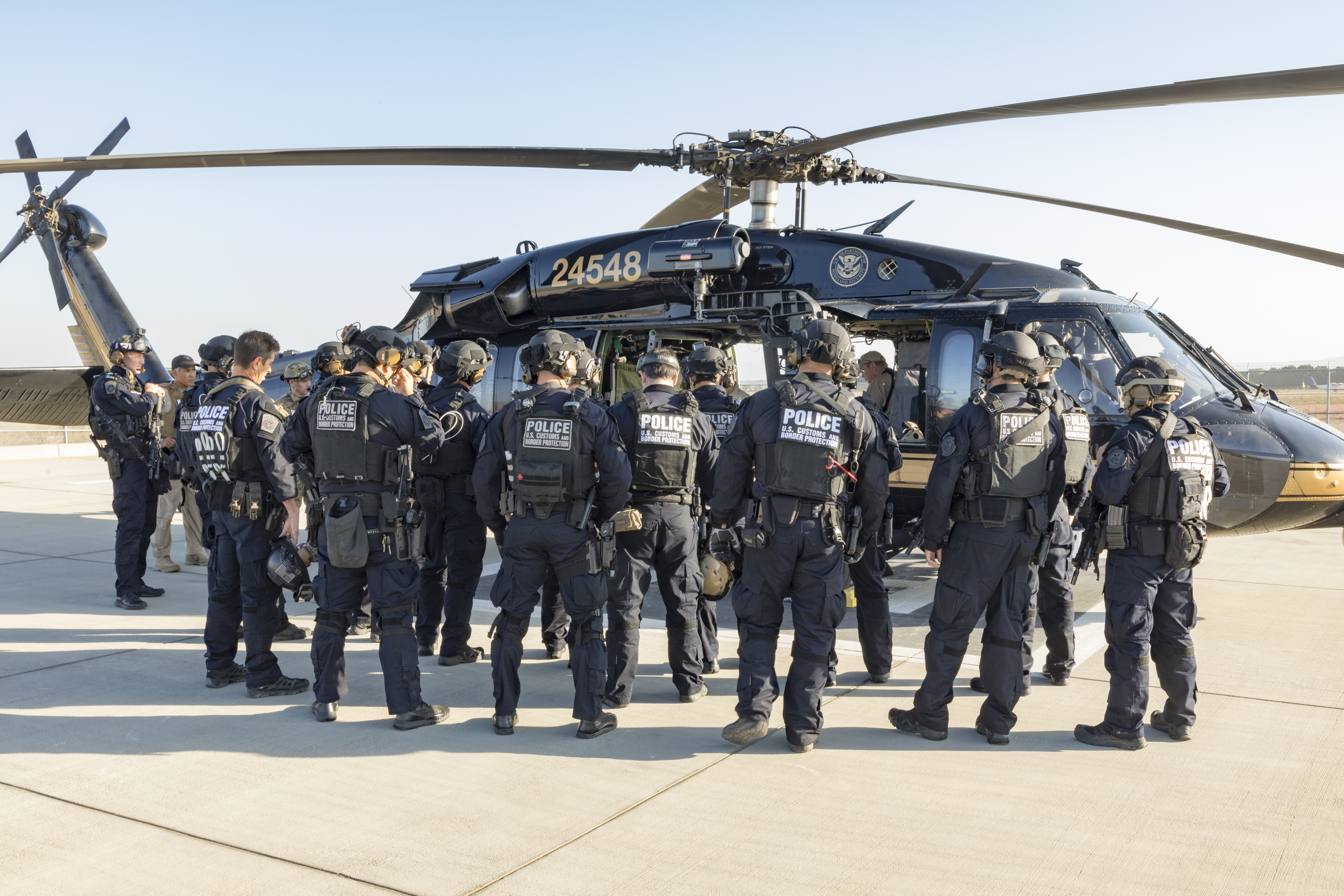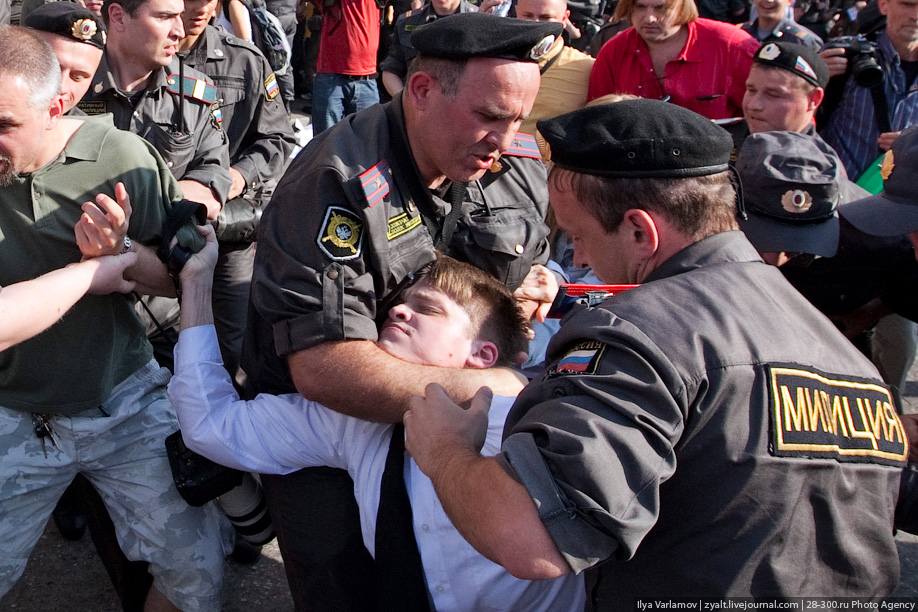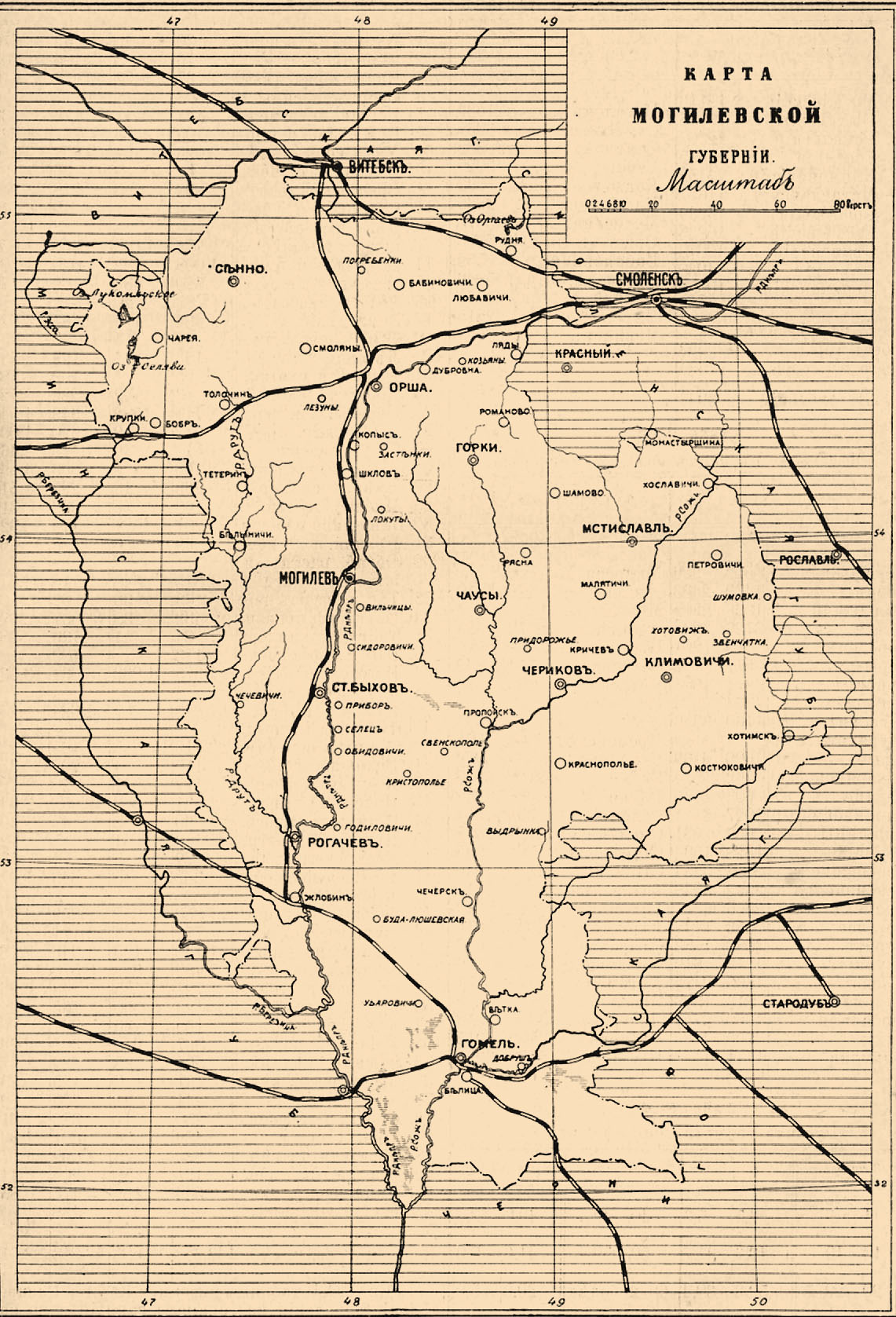|
Valery Levaneuski
Valery Stanislavovich Levaneuski (russian: Вале́рий Станисла́вович Левоне́вский, be, Вале́ры Станісла́вавіч Леване́ўскі, pl, Walery Lewoniewski) is a Belarusian political and social activist, former political prisoner. Amnesty International recognizes him as a prisoner of conscience. Biography Valery Levaneuski was born on 15 August 1963 in Grodno in a large family. In 1979, candidate for master of sports boxing. In 1980 began working career with work as a fitter in mechanical workshops. From 1980 to 1982 served in the Soviet Armed Forces. Expert of Soviet and Bulgarian Army. 1985–1991 – adjuster of radio electronics, mechanic of control and measuring devices and apparatus, engineer in various Grodno enterprises. In 1991 registered as an entrepreneur. Directed Grodno regional union for protection of taxpayers’, consumers’ and drivers’ rights, Grodno information and legal center, and Grodno consu ... [...More Info...] [...Related Items...] OR: [Wikipedia] [Google] [Baidu] |
Grodno
Grodno (russian: Гродно, pl, Grodno; lt, Gardinas) or Hrodna ( be, Гродна ), is a city in western Belarus. The city is located on the Neman River, 300 km (186 mi) from Minsk, about 15 km (9 mi) from the Polish border and 30 km (19 mi) away from Lithuania. In 2019 the city had 373,547 inhabitants. Grodno is the capital of Grodno Region and Grodno District. Alternative names In Belarusian Classical Orthography ( Taraškievica) the city is named as (Horadnia). In Latin it was also known as (), in Polish as , in Lithuanian as , in Latvian as , in German as , and in Yiddish as (Grodne). History The modern city of Gordno originated as a small fortress and a fortified trading outpost maintained by the Rurikid princes on the border with the lands of the Baltic tribal union of the Yotvingians. The first reference to Grodno dates to 1005.word The official foundation year is 1127. In this year Grodno was mentioned in the Primary Ch ... [...More Info...] [...Related Items...] OR: [Wikipedia] [Google] [Baidu] |
Prison
A prison, also known as a jail, gaol (dated, standard English, Australian, and historically in Canada), penitentiary (American English and Canadian English), detention center (or detention centre outside the US), correction center, correctional facility, lock-up, hoosegow or remand center, is a facility in which inmates (or prisoners) are confined against their will and usually denied a variety of freedoms under the authority of the state as punishment for various crimes. Prisons are most commonly used within a criminal justice system: people charged with crimes may be imprisoned until their trial; those pleading or being found guilty of crimes at trial may be sentenced to a specified period of imprisonment. In simplest terms, a prison can also be described as a building in which people are legally held as a punishment for a crime they have committed. Prisons can also be used as a tool of political repression by authoritarian regimes. Their perceived opponents may b ... [...More Info...] [...Related Items...] OR: [Wikipedia] [Google] [Baidu] |
Hunger Strike
A hunger strike is a method of non-violent resistance in which participants fast as an act of political protest, or to provoke a feeling of guilt in others, usually with the objective to achieve a specific goal, such as a policy change. Most hunger strikers will take liquids but not solid food. In cases where an entity (usually the state) has or is able to obtain custody of the hunger striker (such as a prisoner), the hunger strike is often terminated by the custodial entity through the use of force-feeding. Early history Fasting was used as a method of protesting injustice in pre-Christian Ireland, where it was known as ''Troscadh'' or ''Cealachan''. Detailed in the contemporary civic codes, it had specific rules by which it could be used. The fast was often carried out on the doorstep of the home of the offender. Scholars speculate that this was due to the high importance the culture placed on hospitality. Allowing a person to die at one's doorstep, for a wrong of which ... [...More Info...] [...Related Items...] OR: [Wikipedia] [Google] [Baidu] |
Uladzimir
Uladzimir ( be, Уладзімір) is a given name. It is the Belarusian equivalent of Vladimir (russian: Владимир), Volodymyr ( ua, Володимир), and Włodzimierz (Polish). The name may refer to: *Uladzimir Ignatik (born 1990), Belarusian professional tennis player * Uladzimir Karatkievich (1930–1984), Belarusian romantic writer *Uladzimir Karyzna (born 1938), Belarusian poet and songwriter * Uladzimir Kazlou (born 1985), Belarusian javelin thrower * Uladzimir Naumau (born 1956), Belarusian politician *Uladzimir Nyaklyayew Uladzimir Prakopavich Nyaklyayew ( be, Уладзі́мір Прако́павіч Някля́еў, Łacinka: ''Uładzimir Prakopavič Niaklajeŭ''; rus, Владимир Прокофьевич Некляев, Vladimir Prokofyevich Neklyayev) ... (born 1946), Belarusian poet, writer and politician * Uladzimir Zhuravel (born 1971), Belarusian professional football coach and a former player {{given name Belarusian masculine given nam ... [...More Info...] [...Related Items...] OR: [Wikipedia] [Google] [Baidu] |
SWAT
In the United States, a SWAT team (special weapons and tactics, originally special weapons assault team) is a police tactical unit that uses specialized or military equipment and tactics. Although they were first created in the 1960s to handle riot control or violent confrontations with criminals, the number and usage of SWAT teams increased in the 1980s and 1990s during the War on Drugs and later in the aftermath of the September 11 attacks. In the United States by 2005, SWAT teams were deployed 50,000 times every year, almost 80% of the time to serve search warrants, most often for narcotics. By 2015 that number had increased to nearly 80,000 times a year. SWAT teams are increasingly equipped with military-type hardware and trained to deploy against threats of terrorism, for crowd control, hostage taking, and in situations beyond the capabilities of ordinary law enforcement, sometimes deemed "high-risk". SWAT units are often equipped with automatic and specialized ... [...More Info...] [...Related Items...] OR: [Wikipedia] [Google] [Baidu] |
OMON
OMON (russian: ОМОН – Отряд Мобильный Особого Назначения , translit = Otryad Mobil'nyy Osobogo Naznacheniya , translation = Special Purpose Mobile Unit, , previously ru , Отряд Милиции Особого Назначения , translit = Otryad Militsii Osobogo Naznacheniya , translation = Special Purpose Unit of the Militia) is a system of special police units within the National Guard of Russia. It previously operated within the structures of the Soviet and Russian Ministries of Internal Affairs (MVD). Originating as the special forces unit of the Soviet Militsiya in 1988, it has played major roles in several armed conflicts during and following the 1991 dissolution of the Soviet Union. OMON is much larger and better known than SOBR, another special-police branch of the National Guard of Russia. In modern contexts, OMON serves as a riot police group, or as a gendarmerie-like paramilitary force. OMON units also exist i ... [...More Info...] [...Related Items...] OR: [Wikipedia] [Google] [Baidu] |
Protest Action
A protest (also called a demonstration, remonstration or remonstrance) is a public expression of objection, disapproval or dissent towards an idea or action, typically a political one. Protests can be thought of as acts of cooperation in which numerous people cooperate by attending, and share the potential costs and risks of doing so. Protests can take many different forms, from individual statements to mass demonstrations. Protesters may organize a protest as a way of publicly making their opinions heard in an attempt to influence public opinion or government policy, or they may undertake direct action in an attempt to enact desired changes themselves. Where protests are part of a systematic and peaceful nonviolent campaign to achieve a particular objective, and involve the use of pressure as well as persuasion, they go beyond mere protest and may be better described as a type of protest called civil resistance or nonviolent resistance. Various forms of self-e ... [...More Info...] [...Related Items...] OR: [Wikipedia] [Google] [Baidu] |
Police
The police are a constituted body of persons empowered by a state, with the aim to enforce the law, to ensure the safety, health and possessions of citizens, and to prevent crime and civil disorder. Their lawful powers include arrest and the use of force legitimized by the state via the monopoly on violence. The term is most commonly associated with the police forces of a sovereign state that are authorized to exercise the police power of that state within a defined legal or territorial area of responsibility. Police forces are often defined as being separate from the military and other organizations involved in the defense of the state against foreign aggressors; however, gendarmerie are military units charged with civil policing. Police forces are usually public sector services, funded through taxes. Law enforcement is only part of policing activity. Policing has included an array of activities in different situations, but the predominant ones are concerned with t ... [...More Info...] [...Related Items...] OR: [Wikipedia] [Google] [Baidu] |
Political Rally
A political demonstration is an action by a mass group or collection of groups of people in favor of a political or other cause or people partaking in a protest against a cause of concern; it often consists of walking in a mass march formation and either beginning with or meeting at a designated endpoint, or rally, in order to hear speakers. It is different from mass meeting. Actions such as blockades and sit-ins may also be referred to as demonstrations. Demonstrations can be nonviolent or violent (usually referred to by participants as "militant"), or can begin as nonviolent and turn violent depending on the circumstances. Sometimes riot police or other forms of law enforcement become involved. In some cases, this may be in order to try to prevent the protest from taking place at all. In other cases, it may be to prevent clashes between rival groups, or to prevent a demonstration from spreading and turning into a riot. History The term has been in use since the mid-19th ce ... [...More Info...] [...Related Items...] OR: [Wikipedia] [Google] [Baidu] |
Lida
Lida ( be, Лі́да ; russian: Ли́да ; lt, Lyda; lv, Ļida; pl, Lida ; yi, לידע, Lyde) is a city 168 km (104 mi) west of Minsk in western Belarus in Grodno Region. Etymology The name ''Lida'' arises from its Lithuanian name ''Lyda'', which derives from ''lydimas'', meaning "slash-and-burn" agricultural method or a plot of land prepared in this way. Names in other languages are spelled as pl, Lida and yi, לידע. History Early history, Grand Duchy of Lithuania and the Polish–Lithuanian Commonwealth There are passing mentions of Lida in chronicles from 1180. Until the early 14th century, the settlement at Lida was a wooden fortress in Lithuania proper. In 1323, the Grand Duke of Lithuania Gediminas built a brick fortress there. The generally considered founding year of Lida is 1380. The fortress withstood Crusader attacks from Prussia in 1392 and 1394 but was burned to the ground in 1710. Following the death of Gediminas, when Lithuania wa ... [...More Info...] [...Related Items...] OR: [Wikipedia] [Google] [Baidu] |
Poznań
Poznań () is a city on the River Warta in west-central Poland, within the Greater Poland region. The city is an important cultural and business centre, and one of Poland's most populous regions with many regional customs such as Saint John's Fair (''Jarmark Świętojański''), traditional Saint Martin's croissants and a local dialect. Among its most important heritage sites are the Renaissance Old Town, Town Hall and Gothic Cathedral. Poznań is the fifth-largest and one of the oldest cities in Poland. As of 2021, the city's population is 529,410, while the Poznań metropolitan area (''Metropolia Poznań'') comprising Poznań County and several other communities is inhabited by over 1.1 million people. It is one of four historical capitals of medieval Poland and the ancient capital of the Greater Poland region, currently the administrative capital of the province called Greater Poland Voivodeship. Poznań is a center of trade, sports, education, technology an ... [...More Info...] [...Related Items...] OR: [Wikipedia] [Google] [Baidu] |
Mogilev
Mogilev (russian: Могилёв, Mogilyov, ; yi, מאָלעוו, Molev, ) or Mahilyow ( be, Магілёў, Mahilioŭ, ) is a city in eastern Belarus, on the Dnieper River, about from the border with Russia's Smolensk Oblast and from the border with Russia's Bryansk Oblast. , its population was 360,918, up from an estimated 106,000 in 1956. It is the administrative centre of Mogilev Region and the third-largest city in Belarus. History The city was first mentioned in historical records in 1267. From the 14th century, it was part of the Grand Duchy of Lithuania, and since the Union of Lublin (1569), part of the Polish–Lithuanian Commonwealth, where it became known as ''Mohylew''. In the 16th-17th centuries, the city flourished as one of the main nodes of the east–west and north–south trading routes. In 1577, Polish King Stefan Batory granted it city rights under Magdeburg law. In 1654, the townsmen negotiated a treaty of surrender to the Russians peacefully ... [...More Info...] [...Related Items...] OR: [Wikipedia] [Google] [Baidu] |






.jpg)
